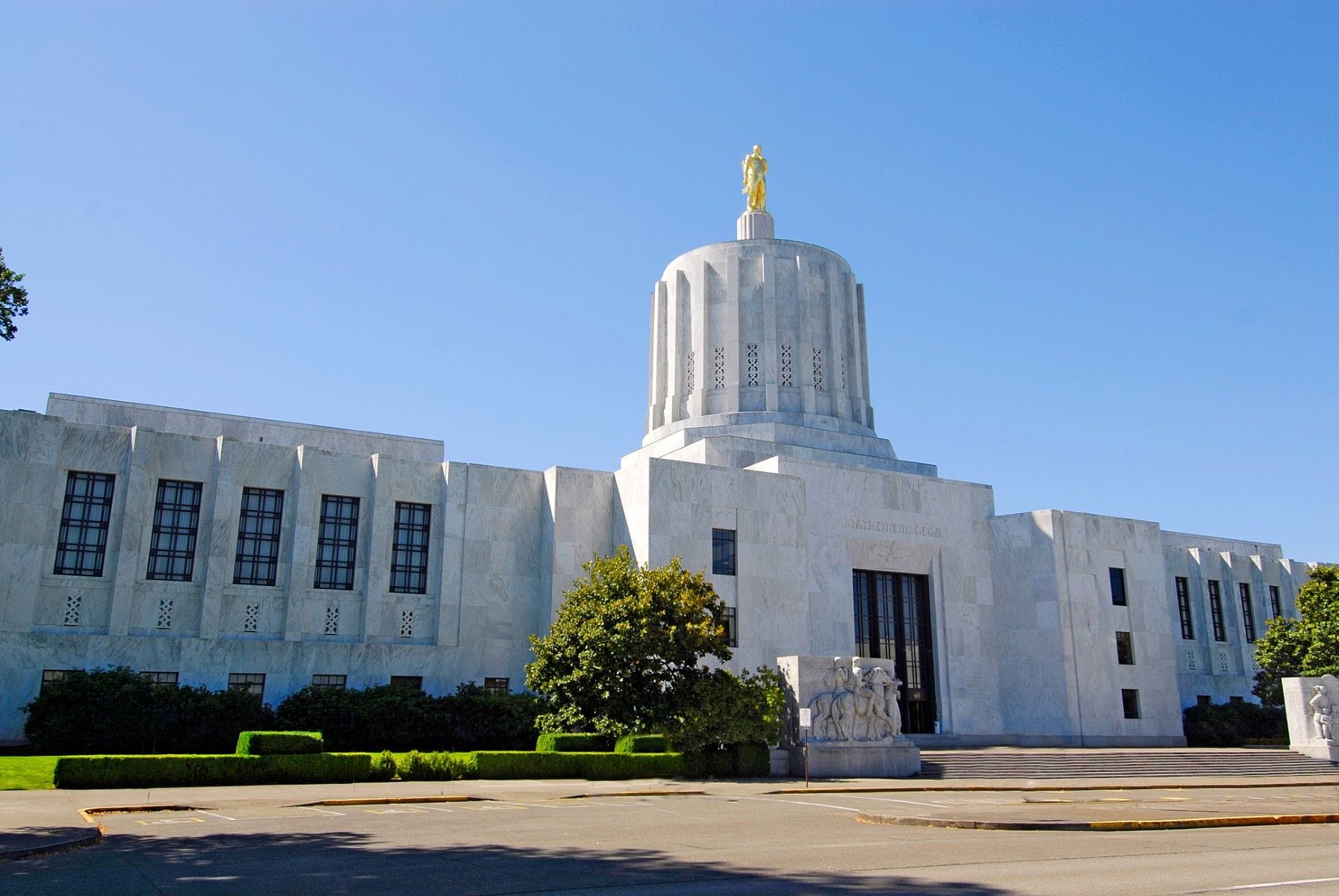Expert Witness Compensation Rules in Oregon
Oregon's expert witness compensation is governed by rules ensuring fairness, focusing on reasonable fees, documentation, and distinctions between expert roles.
Updated on
In this article
What Are the Rules Governing Expert Witness Compensation in Oregon?
Expert witness fees and compensation in Oregon are governed by a combination of statutory rules and ethical guidelines, ensuring that the legal proceedings remain fair and equitable. In Oregon, the compensation of expert witnesses is primarily guided by the Oregon Rules of Civil Procedure and specific provisions within the Oregon Revised Statutes. These frameworks ensure that expert witnesses are fairly compensated for their time and expertise while maintaining the integrity of the judicial process.
Fee Provisions in Oregon Rules of Civil Procedure
The Oregon Rules of Civil Procedure provide foundational guidelines for expert witness compensation. Rule 68, in particular, addresses the taxation of costs and disbursements, which may include fees for expert witnesses. Under this rule, costs for expert witness fees can be recovered as part of the litigation expenses by the prevailing party. However, these fees must be reasonable and necessary for the preparation and presentation of the case.
The court plays a crucial role in determining the reasonableness of expert fees. Factors such as the complexity of the case, the expert's qualifications, and the time spent on the case are considered. This ensures that the fees are proportionate to the work performed and the value provided by the expert.
Understanding Oregon Revised Statutes §44.415: Payment Guidelines for Expert Witnesses
Oregon Revised Statutes §44.415 outlines specific guidelines for the payment of expert witnesses. According to this statute, expert witnesses are entitled to reasonable compensation for their services, which includes time spent reviewing materials, preparing reports, and testifying in court. The statute emphasizes the need for transparency and fairness in the payment of expert fees.
Key aspects of ORS §44.415 include:
- Reasonableness Standard: Fees must be reasonable and reflect the expert's level of expertise and the work performed.
- Documentation Requirement: Detailed invoices and records must be provided to substantiate the fees claimed.
- Judicial Oversight: Courts have the authority to review and adjust fees if deemed excessive or unreasonable.
Distinction Between Retained Experts and Treating Physicians in Oregon
A critical distinction in Oregon's approach to expert witness compensation lies between retained experts and treating physicians. Retained experts are those specifically hired to provide expert testimony, whereas treating physicians are medical professionals who have treated the party involved in the case.
In Oregon, treating physicians are often considered fact witnesses rather than expert witnesses. This distinction affects their compensation, as they are typically compensated for their time spent testifying rather than for preparing reports or analyses. On the other hand, retained experts are compensated for all aspects of their involvement, including preparation and testimony.
Practical Tips for Structuring Expert Witness Fee Agreements in Oregon
When engaging an expert witness in Oregon, it is essential to establish a clear and comprehensive fee agreement to avoid misunderstandings and disputes. Here are some practical tips for structuring these agreements:
- Define Scope of Work: Clearly outline the specific services the expert will provide, including any required reports, consultations, and court appearances. This helps to establish expectations and prevent scope creep.
- Set a Fee Structure: Determine whether the expert will be paid hourly, per project, or on a retainer basis. Be explicit about the rates for different types of work (e.g., preparation versus testimony).
- Include Payment Terms: Specify when payments are due (e.g., upon receipt of an invoice, monthly, or at project milestones) and any penalties for late payments to ensure timely compensation.
- Require Detailed Invoices: Mandate that the expert provides detailed invoices that break down hours worked, tasks performed, and any additional expenses incurred. This enhances transparency and supports the reasonableness of the fees.
- Address Expenses: Clarify how additional expenses (e.g., travel, materials, or filing fees) will be handled and whether they will be reimbursed separately or included in the fee structure.
- Review and Adjust Provisions: Include a clause that allows for periodic review of the fee agreement to ensure that it remains fair and reasonable as the case progresses.
- Incorporate Confidentiality Agreements: If necessary, include confidentiality provisions to protect sensitive information related to the case, ensuring that the expert maintains confidentiality regarding all aspects of their involvement.
By following these guidelines, legal professionals can create effective fee agreements that facilitate smooth collaboration with expert witnesses while adhering to the regulatory framework governing expert compensation in Oregon.


